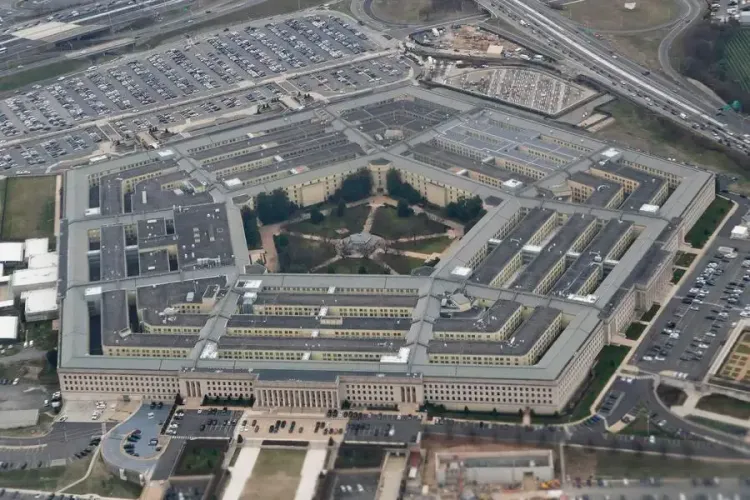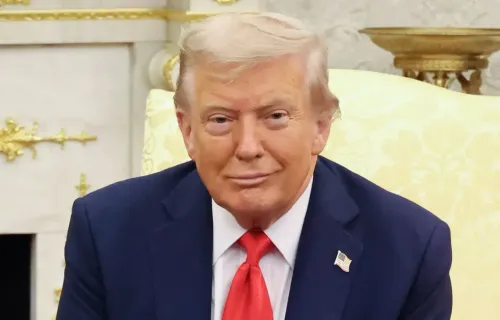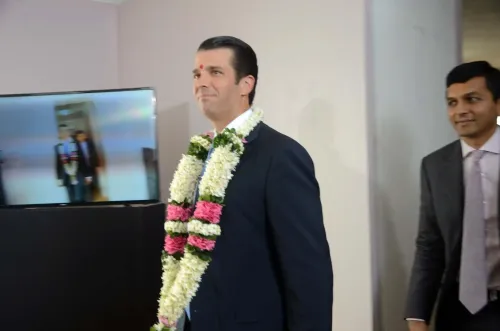Did US Strikes Significantly Delay Iran's Nuclear Ambitions?

Synopsis
Key Takeaways
- US strikes on Iranian nuclear sites may delay Tehran's nuclear program by up to two years.
- Iran's government is assessing the damage and has suspended cooperation with the IAEA.
- The Pentagon emphasizes that intelligence supports the effectiveness of the strikes.
- Global reactions include concern from the UN and criticism from the US State Department.
- The situation underscores the importance of international cooperation on nuclear safety.
Washington, July 3 (NationPress) The Pentagon has announced that recent US strikes on three critical Iranian nuclear sites have potentially delayed Tehran's nuclear program by up to two years.
During a news briefing on Wednesday, Pentagon spokesperson Sean Parnell stated, "We have diminished their capabilities by at least one to two years, according to intelligence assessments within the department," while refraining from offering additional specifics.
"All intelligence indicates that Iran's facilities, particularly those targeted, have been severely damaged," Parnell continued.
On June 22, American forces conducted airstrikes on the Iranian nuclear facilities at Natanz, Fordow, and Esfahan, as reported by Xinhua news agency.
Iranian Foreign Minister Seyed Abbas Araghchi mentioned in an interview with CBS News on Tuesday, "No one knows precisely what occurred at Fordow. However, we are aware that the facilities have sustained significant and serious damage."
He added that Iran's Atomic Energy Organisation is currently evaluating the extent of the damage.
In response to the airstrikes, Iranian President Masoud Pezeshkian issued an order on Wednesday to implement a legal measure suspending the nation’s cooperation with the International Atomic Energy Agency (IAEA).
This legislation stipulates a halt to cooperation with the IAEA until Iran's sovereignty, territorial integrity, and the safety of its nuclear facilities and scientists are unequivocally guaranteed, according to Hadi Tahan Nazif, spokesman for the Constitutional Council.
Future inspections of Iran's nuclear sites by the IAEA will require approval from the Supreme National Security Council, as mandated by the new law.
In a statement, the IAEA acknowledged the reports and expressed that they are awaiting further official communication from Iran.
At a press briefing on Wednesday, Stephane Dujarric, spokesperson for UN Secretary-General Antonio Guterres, voiced concerns regarding Iran's decision, labeling it "obviously concerning."
The Secretary-General has consistently urged Iran to collaborate with the IAEA and encouraged all nations to engage closely on nuclear matters.
US State Department spokesperson Tammy Bruce criticized Iran’s suspension of cooperation with the IAEA, calling it "unacceptable."
"We find it unacceptable that Iran has chosen to halt cooperation with the IAEA at a time when they have the opportunity to pivot towards a path of peace and prosperity," Bruce stated during a briefing.
She emphasized that Iran must fully cooperate with the UN agency without any delay.









